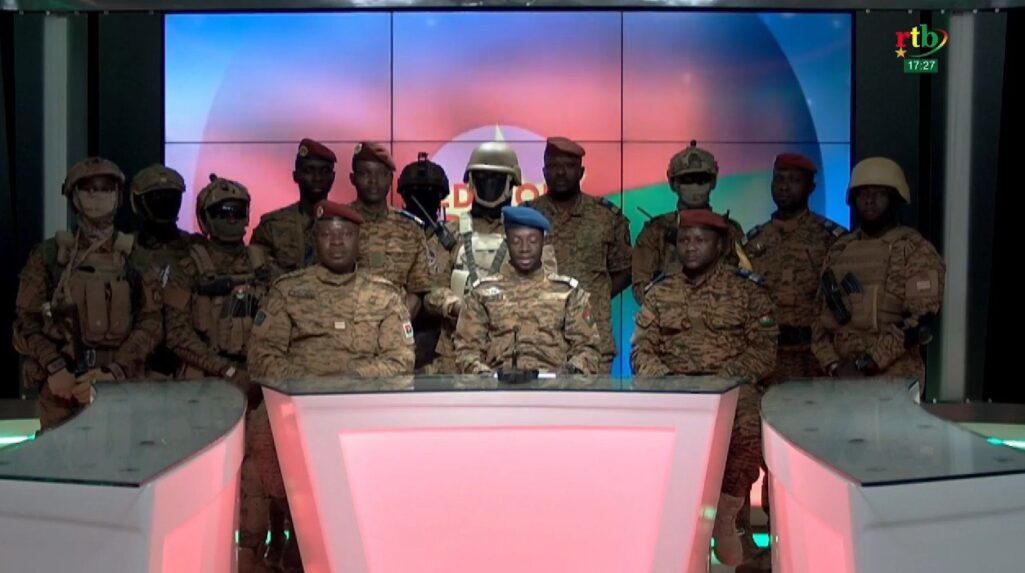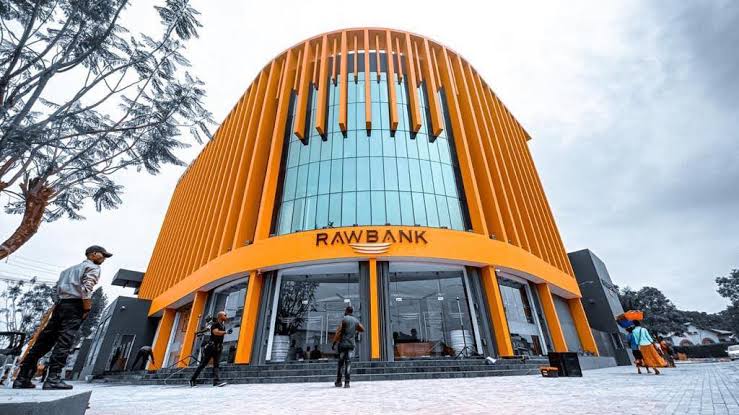Why Did ECOWAS Lift Sanctions On Mali, Burkina Faso, And Guinea’s ‘Unthinkable’ Proposal

After a series of coups swept through Mali (May 2021), Guinea (September 2021), and Burkina Faso (January 2022), the Economic Community of West African States (ECOWAS) slammed the West African countries with economic and financial sanctions. This was to force the military junta involved in the various coups to return the countries to democratic rule.
After months of deliberations, ECOWAS has finally agreed to lift sanctions on Mali and Burkina Faso. The change in position was due to the junta’s acceptance of a 24-month transition to democracy period. The bloc rejected the junta’s earlier 36-month transition plan.
ALSO READ: What Type of Leader Was Ibrahim Boubacar Keita, Hero or Villain?
The decision to immediately lift Mali sanctions was announced by Jean Claude Kassi Brou, the ECOWAS Commission President during a press conference on Sunday 3rd July 2022 after the 61st Ordinary Session of the Authority of Heads of State and Government. Brou also announced that regional diplomats will return to Mali’s capital, Bamako.
“However, the suspension of Mali from ECOWAS and individual sanctions targeting members of the junta will remain until the country returns to constitutional rule,” Brou said.
After months of mediation headed by Nigeria’s former president Goodluck Jonathan, Mali has agreed to hold elections in February 2024.
Economic and humanitarian anxieties of ECOWAS’ Mali sanctions
Since Mali is landlocked, its economy is largely dependent on trade with its neighboring countries. The sanctions led to the closing of the trade border between Mali and its neighbors with the exception of medicine, fuel, and food.
ALSO READ: Robert Mugabe: A Hero Or A Villain? 5 Lessons For African Leaders
ECOWAS’ Mali sanctions have led to widespread suffering for the citizens of the West African nation. Due to the sanctions, the country is behind on over $300 million in debt repayment. Following the sanctions, Mali was cut off from the regional financial market and central bank. The plight of the Malian people was made worse by rising global food and fuel prices.
Many Malians live on daily wages. For example, Moussa Souare is a cloth seller in a small kiosk at Bamako’s grand marché. He gets his merchandise from Nigeria, Benin, and Senegal. During the sanctions, he was unable to get more supplies.
Many more work as dispatch riders taking goods to different parts of the country. With the shutting of the borders to lots of goods, some of these dispatch riders had longer hours of idleness. But, what is fueling the increasing coup in West Africa. See this post for insights.
ECOWAS rejects Guinea’s “unthinkable” transition plan
While Mali and Burkina Faso’s junta revised their transition to democracy plan to 24 months, Guinea’s junta has refused to shift ground on a 36-month transition. Senegalese President Macky Sall who is also the African Union Chairman describes this as “unthinkable”.
ALSO READ: Guinea Coup: Can The Military Solve Africa’s Leadership Problems
Consequently, ECOWAS leaders expect Guinea’s military to come up with a new timeline before July end or will be hit by severe economic sanctions. Benin’s former president Boni Yayi is the new ECOWAS mediator in charge of Guinea’s negotiations. The heads of state advised the Guinean military to collaborate with him to craft a new timetable.
“If that fails, Guinea will face fresh economic sanctions,” Brou said.
Will the junta stick to the timetable?
Agreeing to the timetable is one thing and keeping to it is another. What if the military agreed to the timeline to evade ECOWAS sanctions? This is one of the questions on the minds of many. This sentiment was echoed by Kalilou Sidibe, a political analyst while speaking to VOA.
According to Sidibe, “the lifting of Mali sanctions is a right move. However, it is early to determine how the 2024 elections plan will be implemented. The international community will have its eyes on the government. They will only be confident after seeing the concrete progress on the ground.”
Others think the sanction has failed to achieve its purpose. Siby Abdourahaman claimed Mali was projected to fall after 3 months of sanction. However, the country has endured the sanction for 6 months.
Others believe the sanction was a colossal failure that only worsened the life of ordinary citizens.
Many accuse ECOWAS leaders of insincerity and lack of proactiveness. For example, they don’t caution their members when they force unpopular policies on their citizens but are quick to hammer down sanctions when the people revolt.
The big question now is, how can ECOWAS be more proactive? Also, has sanctions ever worked against a military coup or deter future coups? Share your thoughts in the comment box below.







Responses